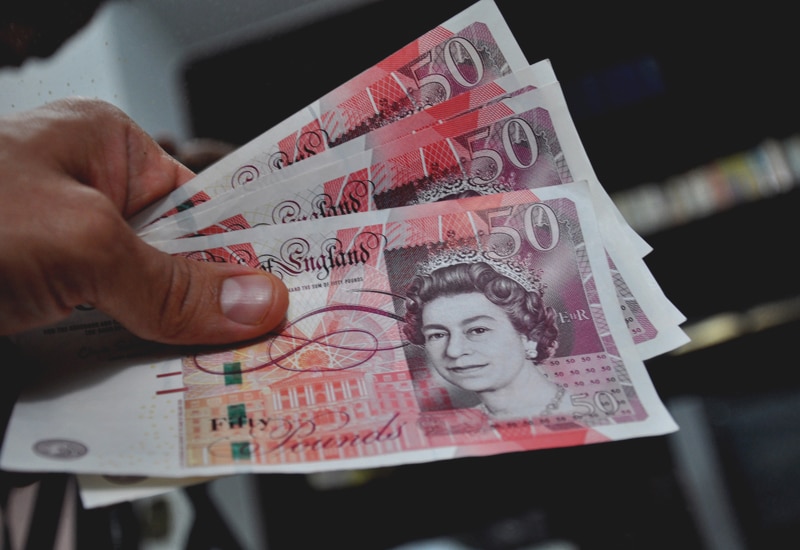
LONDON (WOMENSENEWS)—The U.K. government has said that, starting on March 26, it will be actively enforcing wage openness across U.K. work organizations that employ at least 250 employees to help decrease the pay gap.
Why should such a measure be necessary when equal pay for female employees has been U.K. law since 1970 and breaking this right can result in a gender discrimination claim?
Because that law has not completed the job, so various other remedies must be applied as well. Doing so is not only good for female breadwinners, it’s good for the U.K. economy.
The government’s Women and Equalities Select Committee has called on the government to alter professions so that women’s needs are better accommodated. This would include introducing flexible post-maternity working hours, increased child care support and creating a plan to increase opportunity and rewards in low-paid jobs that are traditionally female.
Conservative MP Maria Miller, a member of the Women and Equalities Select Committee, says such changes would help the U.K. economy. “If the government is serious about long-term, sustainable growth it must invest in tackling the root causes of the gender pay gap. Adopting our recommendations would be a significant step towards achieving the goal of eliminating the gender pay gap within a generation.”
Andrew Chamberlain, an economist who authored another recent report, argues that failed government policies have prevented any narrowing of a pay gap that has stood at about 19 percent since 2012. Among other things, Chamberlain concludes that “when women move jobs, they don’t negotiate but the men do. The gaps are then cumulative.”
Chamberlain is right. There are benefits for the whole country if women are paid equally to men. It has been reported that an equalization of payment for women could add 10 percent to the U.K. economy by 2030; a total of about $860 billion.
Voluntary Charter
Several major finance businesses in the U.K. have chosen to join a voluntary new charter designed to assist women into employment at senior level positions. Corporations joining the scheme include HSBC, Barclays, Royal Bank of Scotland and Lloyds Banking Group.
This charter has been championed by such powerful women as Economic Secretary to the Treasury Harriett Baldwin and Virgin Money's Chief Executive Jayne-Anne Gadhia.
The charter includes employing an executive to oversee gender diversity, creating internal targets for hiring female managers and publishing statistics on gender equality.
Women in the U.K. earn just 81 pence for every pound that men earn, which in comparison means they work 57 days for free each year.
Last year, the World Economic Forum forecast that it would take 117 years for gender parity to be achieved in the global workplace.
Here are two big findings from the report by the Women and Equalities Select Committee for that pessimistic forecast.
No 1: Gender Bias Affects the Workplace
Across U.K. employment there is a long-held assumption that certain kinds of work belong only to men, others to women. This deep cultural conditioning can easily make women feel they are somehow overstepping the mark in regards to what they are “allowed” to achieve in a given role. They may also feel they are not living up to standard perceptions of femininity when they challenge male workplace leadership.
Statistics show that men are far more comfortable negotiating their wages and confronting employers with concerns as they have little need to worry about harming any gender image they possess.
No. 2 Pay Gap Is Not Understood
In some forms of employment, female workers are simply not aware of a pay gap. After all, unless a woman actually has chance to compare her wages alongside that of a male colleague, how might she know she is underpaid? Naturally the ideal solution to create awareness about the pay gap would be to make knowledge of all employee wages openly available.
As Chamberlain writes, “transparency on salary is not a silver bullet, but it can arm women with the ammo they need.”

